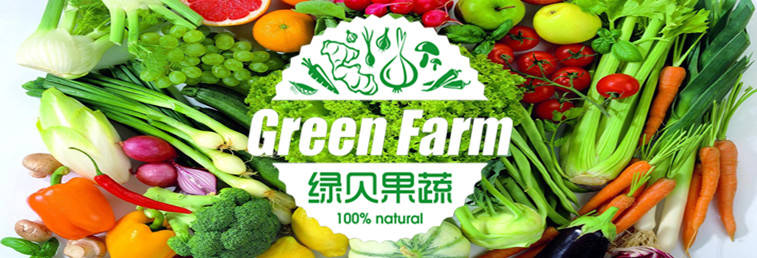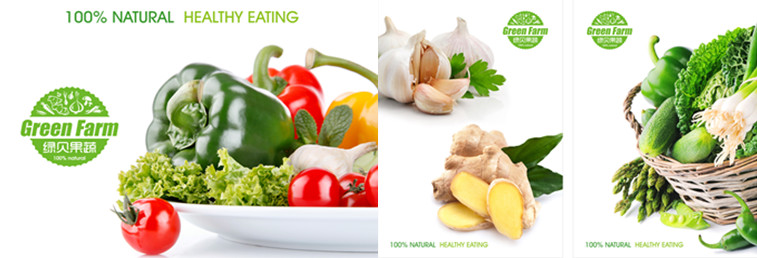of a wide-range of cancers, according to a large epidemiological study from Italy.
The results are based on dietary data from an integrated network of Italian and Swiss case-control studies. Almost 10,000 people with colorectal, ovarian, prostate, breast, renal cell, oesophageal, oral cavity and pharynx cancer, and about 15,000 healthy controls were studied.
¡°This uniquely large data set from southern European populations shows an inverse association between the frequency of use of allium vegetables and the risk of several common cancers,¡± wrote lead author Carlotta Galeone from the Istituto di Ricerche Farmacologiche Mario Negri Milan, Italy.
The research adds to a growing body of science looking at the potential health benefits of allium vegetables, especially onion (Allium cepa) and garlic (Allium sativum), that have been linked to reduced risks of certain cancers.
However, co-author Claudio Pelucchi told NutraIngredients.com that the majority of studies in the past were conducted in a Chinese population and some types of cancer were not investigated.
Recently, the European Prospective Investigation into Cancer and Nutrition (EPIC), following 521,457 subjects in 10 European countries, reported that a diet rich in garlic and onions could protect against stomach cancer. An increase in the intake of onions and garlic of 10 grams per day was associated with a 30 per cent reduction in the risk of intestinal gastric cancer, a statistic that was said to be only a ¡°borderline significant negative association.¡±
The Milan-based researchers used data accumulated data for people with cancer of the oral cavity and pharynx (750 people), oesophagus (400), colon and rectum (2000), larynx (500), breast (2500), ovaries (1000), prostate (1300), and renal cell (700).
Pelucchi said that quantification of the garlic intake was very difficult so the intake was classified as high, intermediate and low. Onion intake, on the other hand, was easier and intake was divided into four groups ranging from non-users to people who consumed one portion per day, with a portion defined as 80 grams of onion.
The researchers report that both onion and garlic were associated with significant reductions in the risk of all the cancers studied, with garlic in particular linked to a large risk reduction.
Indeed, people with a ¡®high' of garlic had an associated risk reduction of 84 per cent for cancer of the oral cavity and pharynx, 88 per cent for oesophageal cancer, 56 per cent for colorectal cancer, 83 per cent for laryngeal cancer, 25 per cent for breast cancer, 73 per cent for ovarian cancer, 71 per cent for prostate cancer, and 38 per cent for renal cell cancer, compared to people with the lowest garlic intake.
People with in the highest intake group for onion (one or more servings per day) had an associated risk reduction of 39 per cent for cancer of the oral cavity and pharynx, 57 per cent for oesophageal cancer, 26 per cent for colorectal cancer, 44 per cent for laryngeal cancer, 10 per cent for breast cancer, 22 per cent for ovarian cancer, 19 per cent for prostate cancer, and 31 per cent for renal cell cancer, compared to people who did not eat onions at all.
¡°Allium vegetables are a favourable correlate of cancer risk in Europe,¡± concluded the researchers.
Pelucchi told this website that research was on-going in this area and that data for people suffering from endometrial cancer (cancer of the uterus) and benign prostatic hyperplasia (BPH), a non-cancerous swelling in the prostate gland of older men, has also been collected.
It is not known what compounds in the vegetables are responsible for the apparent protective effects, but Pelucchi pointed out that both garlic and onion are allium vegetables and therefore contain similar compounds.
Future studies are clearly merited to further explore the associations, with intervention trials and mechanistic studies necessary to fully understand the apparent benefits.
Source: American Journal of Clinical Nutrition
November 2006, Volume 84, Number 5, Pages 1027-1032
¡°Onion and garlic use and human cancer¡±
Authors: C. Galeone, C. Pelucchi, F. Levi, E. Negri, S. Franceschi, R. Talamini, A. Giacosa and C. La Vecchia





